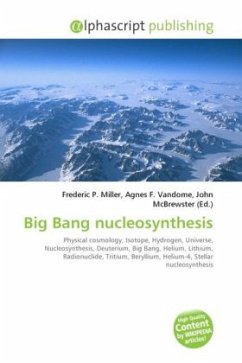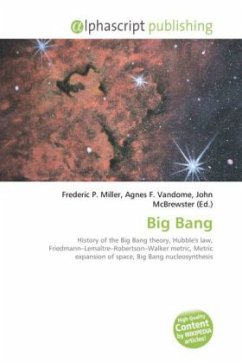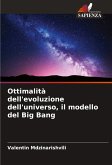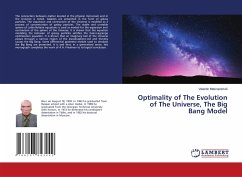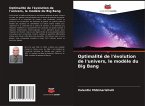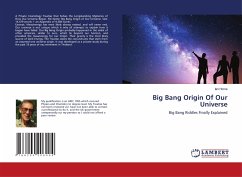In physical cosmology, Big Bang nucleosynthesis (or primordial nucleosynthesis, abbreviated BBN) refers to the production of nuclei other than those of H-1 (i.e. the normal, light isotope of hydrogen, whose nuclei consist of a single proton each) during the early phases of the universe. Primordial nucleosynthesis took place just a few minutes after the Big Bang and is believed to be responsible for the formation of a heavier isotope of hydrogen known as deuterium (H-2 or D), the helium isotopes He-3 and He-4, and the lithium isotopes Li-6 and Li-7. In addition to these stable nuclei some unstable, or radioactive, isotopes were also produced during primordial nucleosynthesis: tritium or H-3; beryllium-7 (Be-7), and beryllium-8 (Be-8). These unstable isotopes either decayed or fused with other nuclei to make one of the stable isotopes.
Bitte wählen Sie Ihr Anliegen aus.
Rechnungen
Retourenschein anfordern
Bestellstatus
Storno

